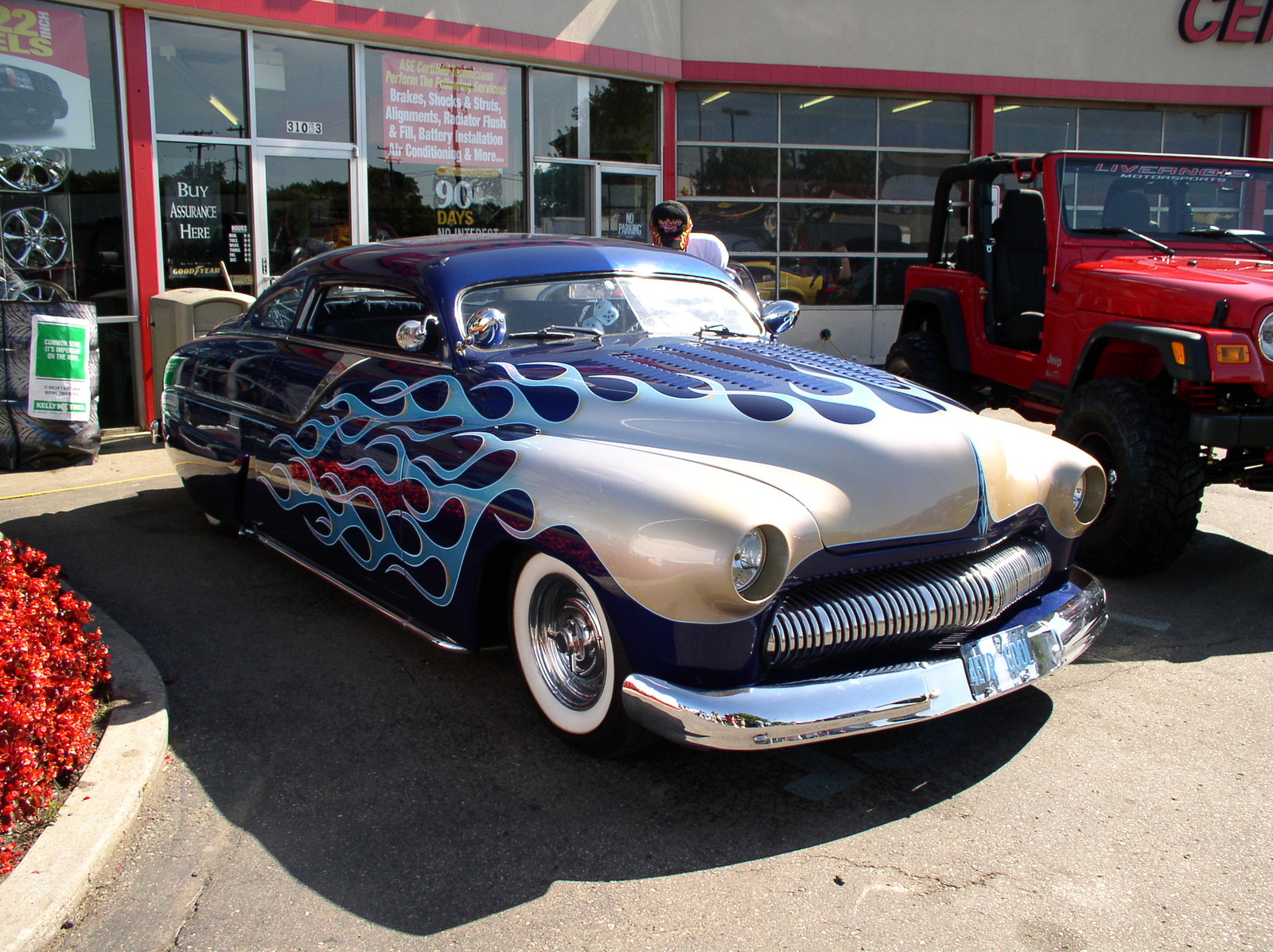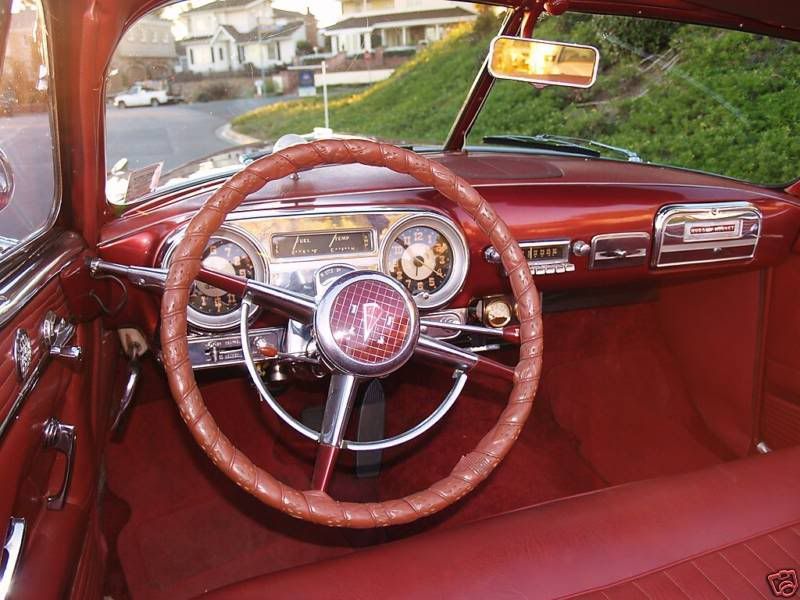Hudson Hornet Vintage model car
The elegant Hornet was offered as a two-door coupe, a four-door sedan, a convertible and a hardtop. He pioneered the use of unique structure (chassis-body), as well as its powerful engine L-head 6 cylinder in line. Hudson Hornet- originally the engine in the Commodore had 262 cubic inches, but when mounted on the Hornet in 1951 and had a displacement of 308 cubic inches. Hudson Hornet with an aluminum head high compression and two barrel carburetor could 145hp with 275 lb-ft of torque, making it the six-cylinder engine more powerful in the world.Hudson Hornet
Hudson Hornet Hotrod
The Hudson was lavishly decorated, with lots of chrome exterior and interior, attractive upholstery and room for six adults. In 1952, Hudson joined an optional engine, the Twin-H. Using two interconnected multiple carburetors fed by two of the gorge, making a 170hp power. Hudson Hornet Alternatively, 7-X, increased their power 210hp.
Hudson Hornet Rear view
The runners took note. At a time when stock car competition was really competitive actions, the attributes of the Hornet made it a natural candidate for the NASCAR races and more - despite its obvious trend for luxury. The track star Marshall Teague received support for their efforts in NASCAR, and he and his "Fabulous Hudson Hornet" won several competitions of the season. In total, Hudson won 12 of the 41 races of 1951, including the season opener at Daytona Grand National. In 1952, the domain of Teague andHudson was total, winning 27 of the 34 competencies in NASCAR. 39 more victories followed in the next two seasons.Hudson Hornet
Classic retro car Hudson Hornet
However, neither the advanced technology and success in careers in America's most important series might help sales, which were dormant since the debut of the Hornet. Hudson Hornet Superficial changes for the 1953 model included a redesigned grille and hood, and in 1954 was presented ventilation hatch on the hood, one piece windshield, and redesigned rear. It was all for nothing. As Hudson's finances were in decline is planning a merger with Nash.
Hudson Hornet in Blue color
The Hornet is robust, well-built engines that offer a lot of trouble-free miles with proper maintenance and management as any other American car of the era, thanks in large part by its low center of gravity and uniform distribution of their weight. Hudson Hornet Its six cylinders also undoubtedly help, even the base engine of 145hp.
Hudson Hornet Interior view
Interestingly, the Hudson Hornet is one of those unfortunate cars in which the phrase "Win on Sunday, sell on Monday" never implemented. At a time when people wanted the prestige of a V8 was the only thing the Hornets could not deliver.







